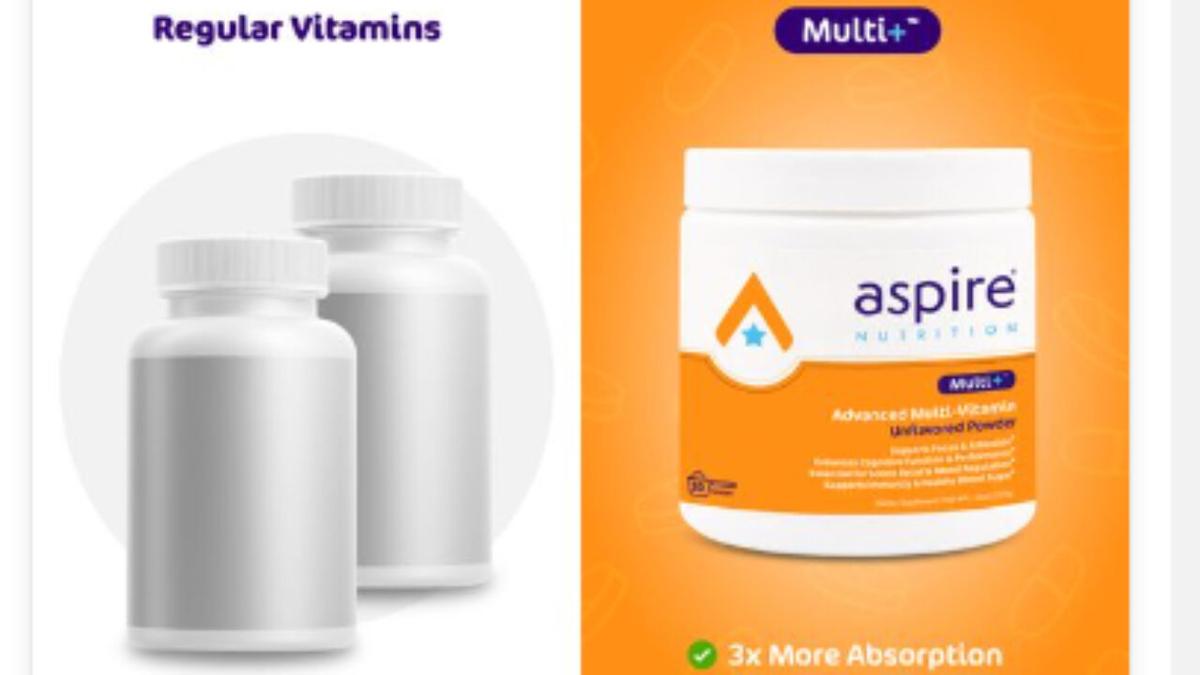Ads for three U.S.-based brands of supplements claiming to treat conditions including autism and ADHD have been banned by the UK’s Advertising Standards Authority (ASA).
Many parents of children with autism and ADHD say they have seen positive improvements in their behaviour and mood following the use of supplements and detox protocols, but the ASA challenged whether claims that the supplements could help prevent, treat, or cure autism were in breach of its code.
Ads Full of Positive Endorsements From Parents
Further text read, “As parents of children with autism, we all share the same dream: to see our children thrive in school.”Another Facebook ad in January for Drop Supplements stated: “For people with stress, anxiety, brain fog, ADHD … Happy Mind Drops – your new secret adaptogen against stress! Prepare yourself to unleash your true potential and banish your mental barriers.”
A third Facebook ad for Spectrum Awakening stated: “My 5 yr old son Scout is diagnosed with receptive expressive language disorder and sensory disorder. Until I found Spectrum Awakening he could barely put a sentence together with very limited speech and words and lots of jargon.
“The first supplement we tried was Power & Focus and within the first three days he started using way more words. Within a week he was speaking sentences. I’m absolutely amazed that I can’t wait to order more.”
The ASA said in relation to the Spectrum Awakening advert, “We considered that the depiction of a child with [delayed linguistic development], and the crediting of the supplement with the sudden improvement in the speech of that child, was likely to be interpreted as a claim to treat or cure that condition.
Supplements Cannot Claim to Treat or Cure Disease
The ASA concluded claims that each of the supplements could help to prevent, treat, or cure autism were in breach of regulations.Aspire Nutrition told the ASA that having been informed of the investigation, they had stopped ads being sent to UK residents who visited their website and had withdrawn the ad entirely for all audiences.
Drop Supplements told the regulator their ads featuring Happy Mind made no direct or implied statements about curing, treating, or preventing ailments or diseases.
However, the ASA said the claims in the ad would be understood by most consumers as implied claims that the product could prevent, treat, or cure human disease.
Spectrum Awakening did not respond to the ASA’s inquiries.
There is no requirement to register food supplements with the UK government, but products must comply with labelling and advertising regulations as well as UK food laws, some of which are still governed by the EU. The UK Nutrition and Health Claims Register, maintained by the Department of Health, is responsible for authorising nutrition and health claims made about food supplements.
One in 36 children in the UK is now believed to have ASD, while 80 years ago, autism was thought to affect just one in 2,500 people.







